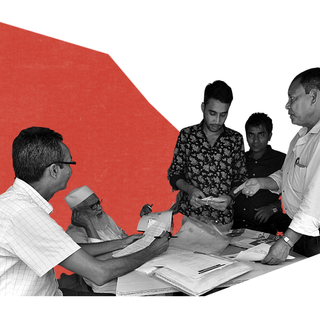The Chhattisgarh government, along with other states, announced it will bear the education expenses of children who have either lost their parents or sole breadwinner in the family to Covid19.
The second wave of Covid19 has been particularly virulent in its spread and has left several children orphaned and in need of financial support. Several states like Chhattisgarh, Gujarat, Madhya Pradesh, Jammu and Kashmir, and Delhi are putting together a policy to support children during this time and offer them a means to education.
The Chhattisgarh scheme, named the “Chhattisgarh Mahtari Dular Yojna,” will provide a stipend of Rs. 500 for students in Classes 1-8 and Rs. 1,000 for students in Classes 9-12. This is available for students in both public and private institutions. Further, all students who get admission in state-run Swami Atmanand English Medium Schools will receive priority admission and free education, according to a social media statement from the state’s chief minister.
Related on The Swaddle:
Dissecting the NEP: How the Policy Will Only Widen the Education Gap in India
Similarly, Delhi intends to provide free education to all children impacted due to Covid19. The Madhya Pradesh government is offering a Rs. 5,000 pension to all children. Jammu and Kashmir is offering special scholarships for orphaned children to fund their school and college education.
However, a major roadblock anticipated in carrying out these scholarship and pension schemes is identifying children orphaned because of Covid19 in the first place. A significant number of Covid19 deaths and resultant orphans come from rural regions, which do not have robust healthcare systems and records necessary to identify the names and number of children who lost their parents to Covid19.
Plus, as schools remain closed due to the severe second wave and remote learning continues, there is no surety on when or how these schemes will be implemented. Six million children were pushed out of schools in India due to Covid19, according to the former Indian cabinet secretary and member of the Planning Commission B.K. Chaturvedi. The Annual Status of Education report also states that the rate of out-of-school children has sharply increased across all age ranges. The Covid19-related digital divide has widened the chasm between those with and without resources; it is imperative to pay greater attention to this disparity while also including children who have no families or support system to take care of them.
It remains to be seen if, and how effectively, the state can step into becoming adequate guardians for children orphaned due to Covid19.




